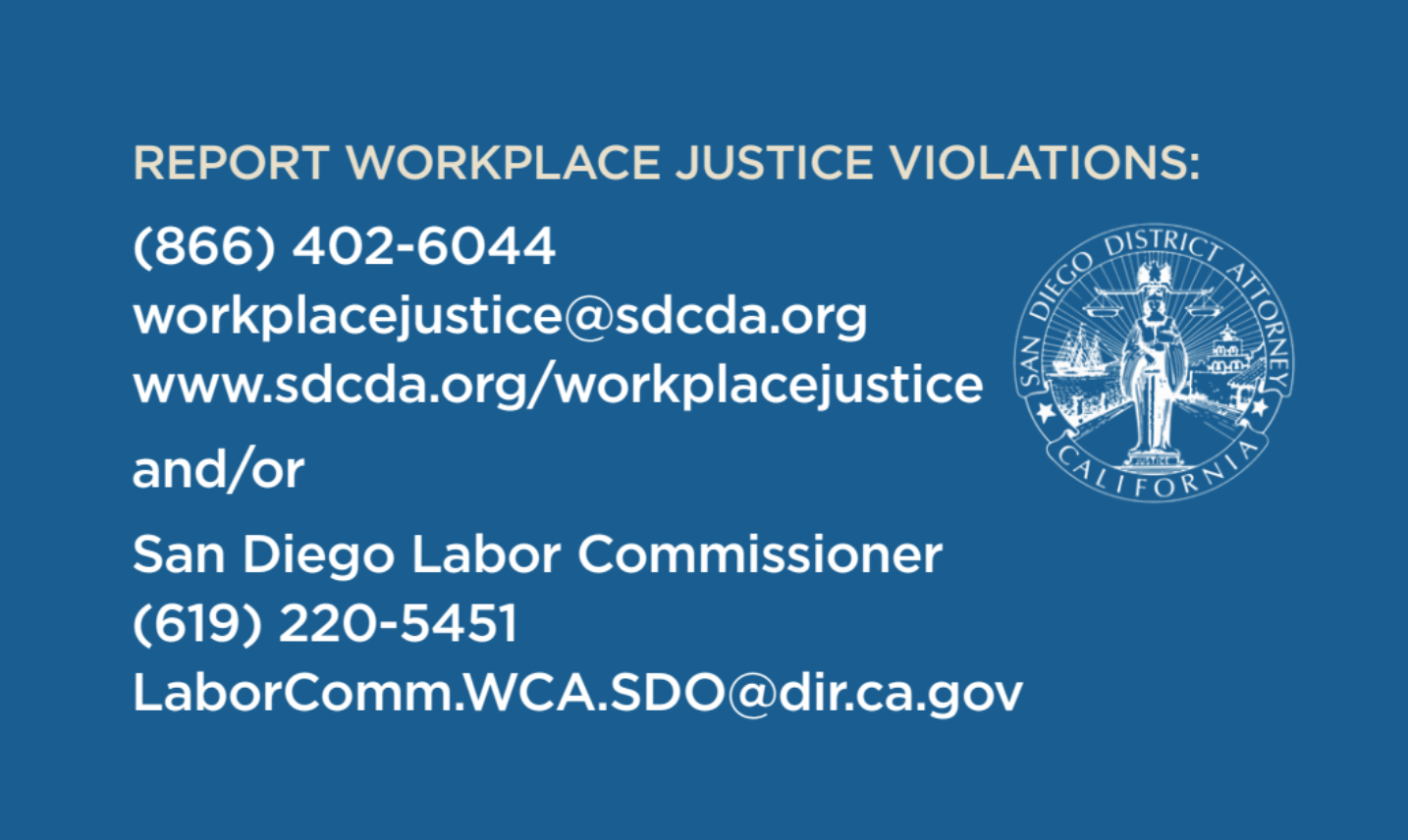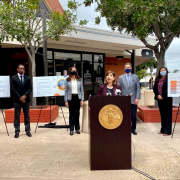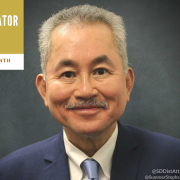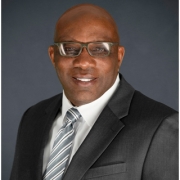As part of ongoing criminal justice reform initiatives, San Diego County District Attorney Summer Stephan announced today that her office has ramped up efforts to review prison sentences, as authorized by a newer law, that may be unduly harsh and identify people who can safely be released from prison early and re-integrated back into the community. [TWEET THIS]
“Prosecutors have a duty to seek the truth and justice before, during, and after someone is convicted and that includes making sure that prison sentences are proportionate with the harm that the crime produced” DA Summer Stephan said. “This new law allows prosecutors to repair past inequities by looking back and correcting any unjust sentences and we are committed to doing while considering crime victims and public safety. It’s also important we continue to approach criminal justice reform initiatives like this lawfully and responsibly, making sure when someone is released, they’re set up to succeed when they come back to our communities.”
Recently, Rogelio Espinoza was the fourth defendant to be resentenced and released from custody. Espinoza, now 48, had been convicted of assault with a firearm and received a sentence of 29 years-to-life in prison. On April 27, a judge resentenced Espinoza to 13 years, allowing his immediate release from prison. Espinoza is the third person to be resentenced at the request of the District Attorney’s Office since a change in the law allowed DA’s to petition for resentencing.
The other person resentenced recently is Hector Contreras, 51, who was convicted of being a felon in possession of a firearm and originally received 27 years-to-life in prison. He was resentenced to three years at a hearing on March 15 and was released after having served 24 years in prison.
Monday, May 3, a judge will resentence James Riveria, 84, who was convicted of a series of residential burglaries series in Rancho Santa Fe. Riveria received a sentence of 140 years-to-life and has served 25 years in prison.
The San Diego County District Attorney’s Office also announced it is partnering with the non-profit organization For the People to expand the number of cases it is considering for resentencing. To date, the prison sentences of more than 750 people have been identified for review. The DA’s newly reorganized Conviction and Sentence Review Unit (CASRU) is working with For the People to review these cases and others to determine if resentencing is appropriate in the interest of justice.This collaboration complements the District Attorney’s program, which was already in place and that accepts applications for sentencing review from incarcerated people themselves.
The increased focus on resentencing has been driven in part by recent changes in the law. Assembly Bill 2942 went into effect in 2019, allowing prosecutors to recommend resentencing and petition a judge to hear the matter. The San Diego District Attorney’s Office was the first in California to successfully use the new law. In 2019, 57-year-old Kent Williams was resentenced and released from prison. Williams had been sentenced to 50 years-to-life for burglary and car theft. Last year, Jonathan Simmons, 57, was released 21 years early after the DA’s Office, working with the Innocence Project on a resentencing petition. Simmons had been sentenced to 43 years-to-life for stabbing a homeless man in the neck during a drug deal.
The DA’s Office has filed additional petitions asking the court to resentence two additional individuals:
- Gerald Jones, 44 plead guilty to a bank robbery with a firearm and agreed to a 30-year prison sentence. He has served about half of his term. Jones robbed a bank on Mission Gorge Road while wearing a Ronald Regan mask and armed with a gun.
- Gary Kosta, 65 plead guilty to a commercial robbery series and received 50 years-to-life. He has served 24 years. Kosta robbed numerous businesses over the course of two months, simulating a weapon to gain cash from registers
As part of its commitment to reviewing sentences and to public safety, the District Attorney’s Office is also partnering with several local service providers and community leaders in San Diego County, including, San Diego Workforce Partnership, Second Chance, Pillars of the Community, Community Development Corporation, Home Start, Family Health Centers of San Diego, Father Joe’s, Metro Community Ministries, Youth Empowerment, and Youth Aware, to assist with a smooth and successful transition from prison into the community for those whose release is granted by a judge. The DA’s CARE Center is involved as a re-entry specialist and the Public Defender, Sheriff’s Department and Parole will also play important roles in this endeavor.
DA Stephan embraced the opportunity to partner with For The People, believing that there are likely many incarcerated people who, in retrospect, were sentenced to more time than was necessary for their rehabilitation and debt to society. For The People provides a unique and specific expertise to District Attorney Offices to help them launch and implement DA-initiated resentencing policies through the advent of California’s DA Resentencing Law.
“We are thrilled to be partnering with DA Stephan, especially in light of the pandemic and the increased urgency to safely release people from prison and reunite them with their families” said Hillary Blout, Executive Director of For The People.
The office also receives recommendations for resentencing from the California Department of Corrections and Rehabilitation (CDCR), applications from incarcerated people themselves, and referrals from the community. In some cases, Deputy DAs inside the office bring cases forward for resentencing.
DA Stephan has expanded and re-named her office’s Conviction Review Unit to include sentencing review, adding resources and relocating the unit under the DA’s Special Operations Division, ensuring increased separation and more independence.
The numbers of cases being considered continues to expand and go through the review process. After receiving a list recently of more than 750 cases from CDCR, the DA’s Office reviewed and narrowed it down to about 125. In partnership with For The People, we are starting with 40 cases for an in-depth review. Prior to the partnership with For the People, the DA’s Office had a running list of cases it was already reviewing, bringing the total number of cases currently under review to about 150.
The law recognizes that incarcerated people may have served sufficient time, have been adequately rehabilitated and, therefore, will be ready for a safe and law-abiding re-entry. In those cases, the District Attorney will recommend to a Judge under the law a recall and resentencing in the interest of justice. The San Diego County District Attorney’s Office welcomes applications for sentencing review and is committed to reviewing these requests in a fair, consistent, and transparent manner. [TWEET THIS]












